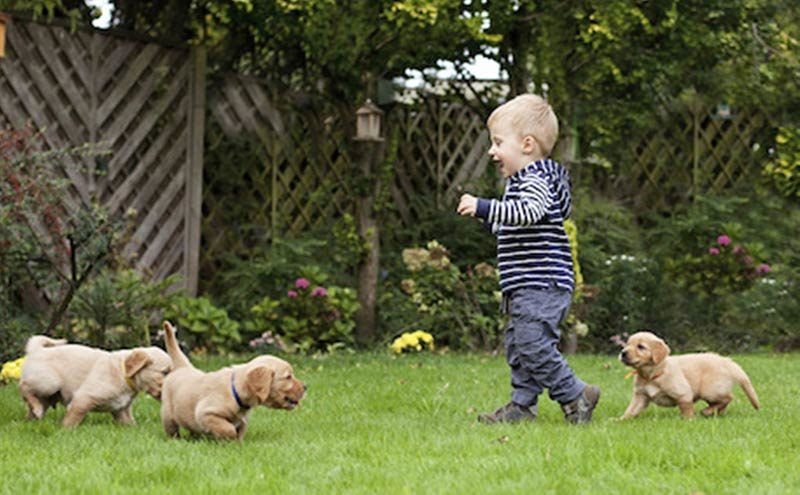
Research indicates there might be jealous bone in your dog’s body. Tests showed dogs can be quite possessive when it comes to being the focus of their owners’ attention.
Researchers from the University of California, San Diego, studied the reactions of 36 dogs when their owners focused their attention elsewhere to determine if dogs were capable of being jealous.
The study participants ignored their own dogs while speaking affectionately to a stuffed dog (that wagged its tail and barked), a plastic Jack O’Lantern, and a children’s book.
According to the study, published in the online peer-reviewed journal PLOS One, the dogs did not react strongly to the non-social objects, i.e., the pumpkin and the book, but when the owner showered attention on the toy dog, they barked, touched the owner or the dog, or got between the owner and the object.
Also, almost all dogs (86 percent) sniffed the rear end of the stuffed dog, leading researchers to conclude that the dogs believed the toy was real.
Researchers Christine Harris and Caroline Prouvost claimed the fact that the dogs were upset when the owner was showing affection to the “real” dog as opposed to the inanimate objects indicated they were feeling jealousy.
“The idea that dogs are capable of jealousy is congenial to the burgeoning body of research on animal social cognition that reveals that dogs have sophisticated social-cognitive abilities,” the study further states.
This research is modeled after a similar study of how infants reacted when their mothers showed affection to a realistic-looking doll compared with how they respond to their mothers’ talking to a book. As with dogs, the babies showed signs of jealousy towards the baby but not the non-social object.
Although more research is needed to better understand the social understandings of dogs, research like this does shed some light on the cognitive similarities between humans and our four-legged friends.

